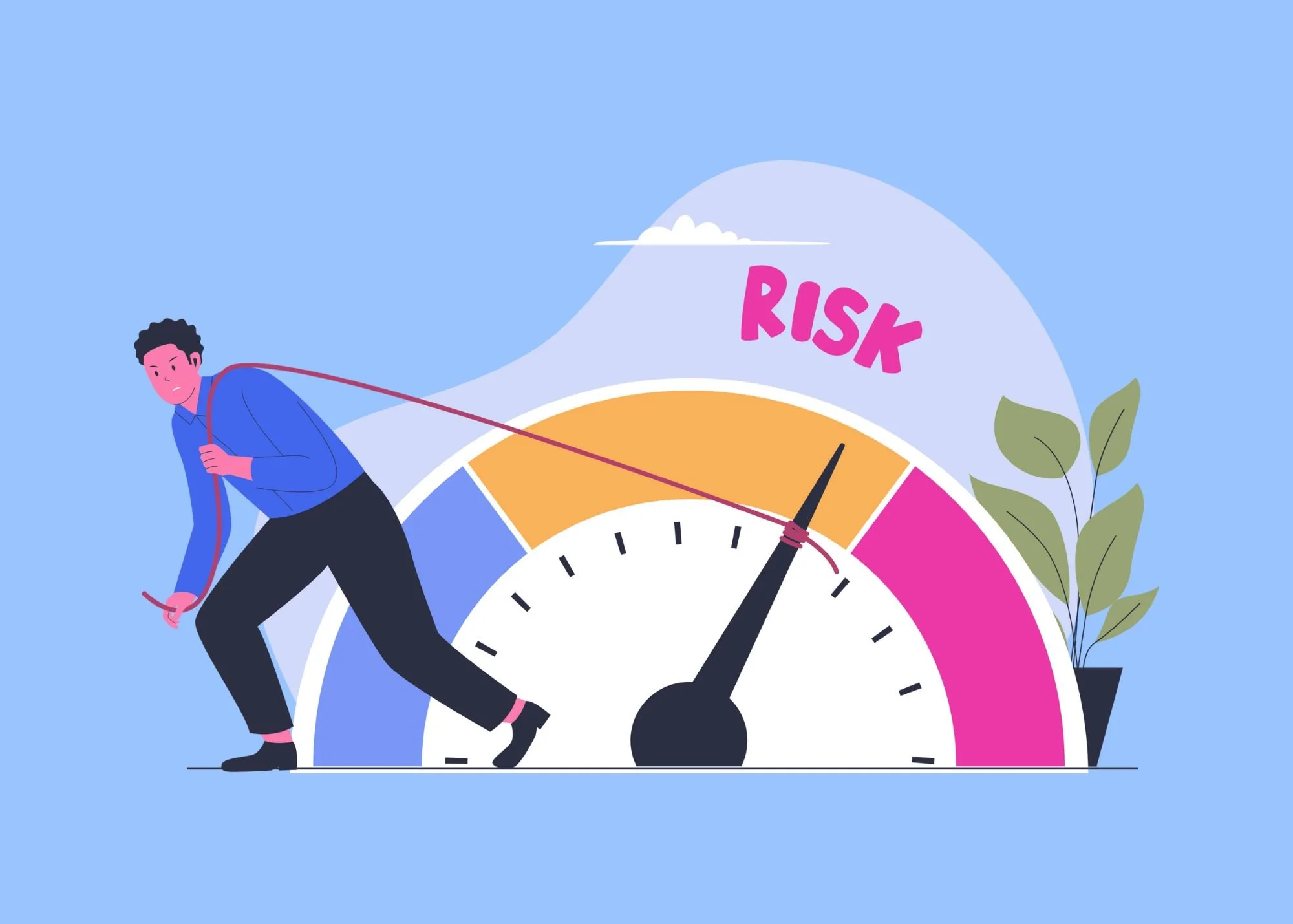Stop Shrinking to Fit Into Places You’ve Outgrown: How Chronic Stress and Burnout Keep You Stuck and How to Break Free
Why We Cling to Familiar Hell Instead of Reaching for an Unfamiliar Heaven
You’re exhausted. Not just the “I need a nap” kind of tired, but the deep, soul-wrenching fatigue that no amount of caffeine, vacations, or pep talks can fix. You’re burned out—trapped in a life that no longer fits, yet somehow feels impossible to leave.
Maybe it’s your high-stress job, the one that demands more than it gives and leaves you feeling drained before your first meeting of the day. Or the toxic work culture that forces you to shrink yourself to survive. Or a relationship that feels more like an obligation than a source of joy. Or a city, routine, or lifestyle that you’ve simply outgrown.
Yet, you stay. You tell yourself, It’s not that bad. You rationalize that now isn’t the right time to make a change. You push through, hoping that if you just hold on a little longer, things will magically get better.
But here’s the hard truth: your new life will cost you your old one.
And if you’re serious about recovering from chronic stress and burnout, you have to stop shrinking to fit places you’ve outgrown.
The Brain Loves the Devil It Knows
Our brains crave familiarity, even when it’s destroying us. It’s called status quo bias—the tendency to stick with what we know, even when better options exist. For high achievers, this is even more pronounced. You’ve spent years mastering survival in high-pressure environments, learning to endure stress rather than escape it.
But chronic stress rewires your brain, making you more risk-averse, less creative, and more likely to tolerate the very things that are burning you out. The longer you stay stuck, the harder it feels to leave.
The result? You cling to your familiar hell instead of reaching for an unfamiliar heaven.
Because even if your job, relationship, or lifestyle is draining you, at least you know how to manage it. Change, on the other hand, is unpredictable—and unpredictability triggers stress.
But here’s what you need to understand: staying where you are is not safer. It’s just slowly killing you in a way you’ve gotten used to.
How to Get Comfortable with Discomfort and Start Growing Again
You can’t recover from burnout and chronic stress while clinging to the same patterns that got you there. If you want to reclaim your energy, health, and happiness, you have to get comfortable with being uncomfortable.
Here’s how:
1. Recognize That Fear is Not a Stop Sign
Fear of change isn’t a reason to stay stuck—it’s proof that you’re stepping outside your comfort zone. High achievers are wired to push through discomfort for success, but that doesn’t mean staying in toxic environments is the answer. Growth always feels scary. That’s how you know you’re doing it right.
2. Stop Romanticizing What’s Breaking You
Burnout has a funny way of making you nostalgic for the very things that are draining you. You tell yourself, It wasn’t always this bad. You cling to the occasional good moments as proof that staying put is the right choice. But ask yourself: If I started fresh today, would I willingly choose this job, relationship, or lifestyle? If the answer is no, it’s time to stop making excuses.
3. Take Small, Strategic Steps Toward Change
You don’t have to quit your job tomorrow, move across the country overnight, or overhaul your entire life in one dramatic leap. But you do need to take action. The key is incremental change—small shifts that build momentum and create new opportunities for growth.
Feeling stagnant in your career? Start by exploring new industries, updating your resume, or connecting with people who are doing work that excites you.
Feeling disconnected from your health? Make one small change: go for a morning walk, prioritize sleep, or introduce a stress-reducing habit like mindfulness.
Feeling socially isolated? Join a group, take a class, or put yourself in environments where you can meet new people.
Burnout thrives in stagnation. Change—even small change—creates the momentum you need to break free.
4. Build Resilience for the "Messy Middle"
Transformation isn’t a straight path. There’s a messy middle—a phase where you feel lost, uncertain, and tempted to go back to what’s familiar. This is where most people quit. But quitting here means going back to the very stress and exhaustion you were trying to escape.
Instead, remind yourself: This discomfort is proof that I’m growing. The more you lean into it, the stronger you become.
The Cost of Staying the Same is Higher Than the Cost of Changing
Your burnout, stress, and exhaustion aren’t going to magically disappear. If you keep doing what you’ve always done, you’ll keep getting the same results.
But if you have the courage to stop shrinking—to stop contorting yourself to fit into places, relationships, and careers that no longer align with you—you create space for something better.
Your next level requires a new version of you—one who isn’t afraid to step into the unknown. One who understands that growth is uncomfortable, but burnout is far worse. One who refuses to settle for a life that no longer fits.
Final Thoughts
Your new life will cost you your old one. You have to let it go.
That means releasing the fear-based excuses, shedding the identity that kept you stuck, and actively making room for something better. Courageously step into the unknown and trust that the discomfort of growth is temporary.
So, stop shrinking. Start expanding. Your future self is waiting.
Need Help? For the One Who’s Torn Between Holding On and Letting Go
Not knowing doesn’t mean you’re lost. It means you’re paying attention.
Clarity often comes after the first step—not before it.
💡 Let’s sort through the fog together. Book your free 20-minute consult today.
Article References
The sources cited in the article:
Thought Catalog (TC). "Signs You’re Not Unhappy - You’ve Just Outgrown Your Current Life." TC - Outgrown Current Life
Fast Company (FC). “How to Get Unstuck When You’ve Outgrown Your Job.” FC - Get Unstuck When You’ve Outgrown Your Job
Psychology Today (PT). "7 Signs You’ve Outgrown Someone In Your Life." PT - 7 Signs You’ve Outgrown Someone In your Life
Tiny Buddha (TB). “Are You Outgrowing Your Family?” TB - Are You Outgrowing Your Family?
Elite Daily. “If You Hate Your World, It’s Because You’ve Outgrown It.” Elite Daily - If You Hate Your World, You’ve Outgrown It
Harvard Business Review (HBR). “Stop Fighting Resistance to Change.” HBR - Stop Fighting Resistance to Change






